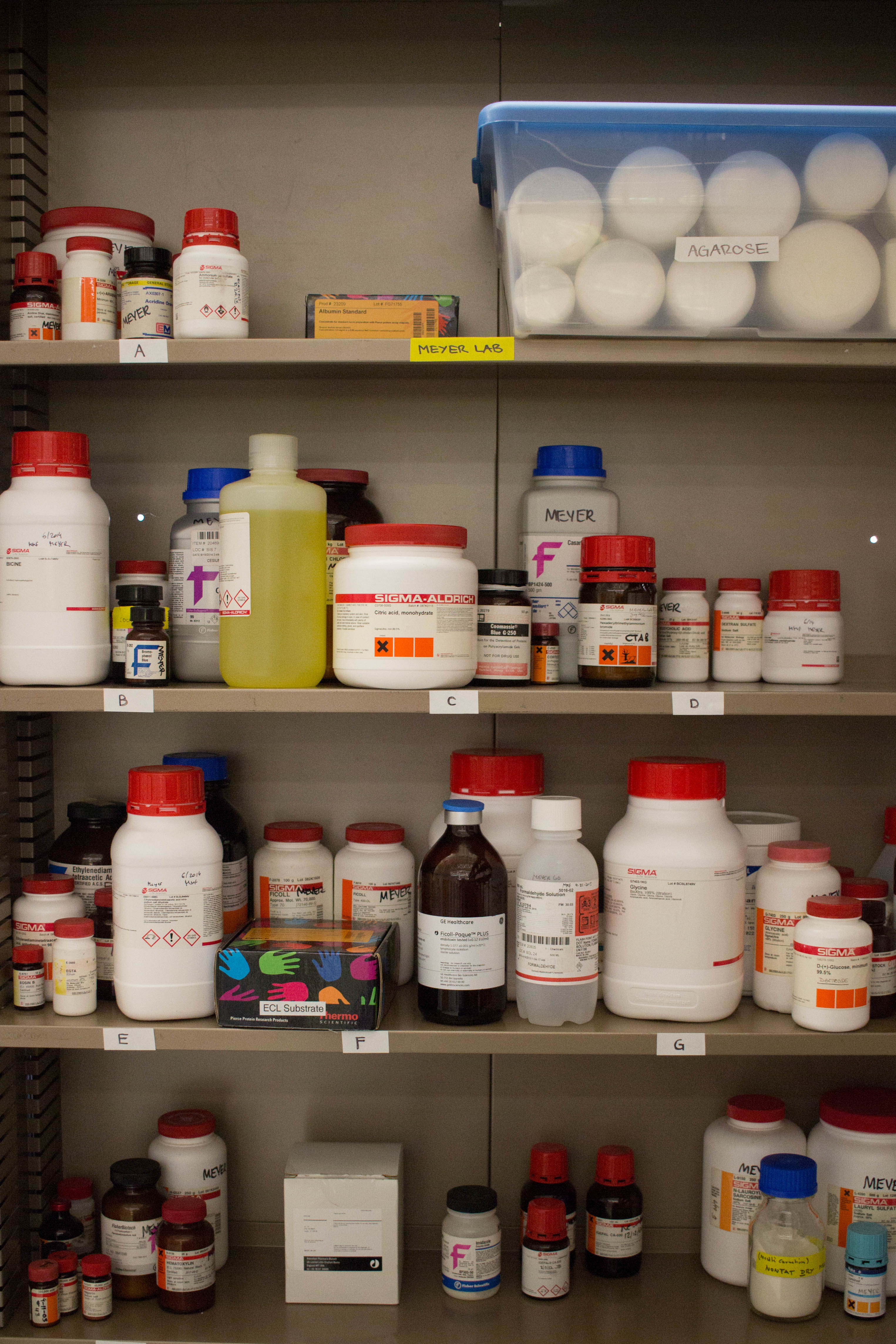USU grad students and faculty use data to track outbreaks
Researchers from several institutions, including Utah State University, are working on a way to help the Centers for Disease Control and Prevention process respiratory pathogen tests.
Spencer Perry just graduated from USU’s Master of Data Analytics program and works on the project. He said the MDATA team and BioFire, a Salt Lake City-based virus testing company, began the project in Dec. 2019.
Perry said the project’s mission is to create a technique to help the CDC understand the specific levels of various pathogens present in the United States during the year.
Before COVID-19 emerged, the group looked at normal strains of coronavirus as well as Influenza A, Respiratory Syncytial Virus, Human Rhinovirus/Enterovirus and others.
“16 USU students participated in the project this semester, split into four teams,” he said. “Some students studied at USU for their undergraduate degrees, while others studied at universities around the world, including Colorado, Minnesota, New York, Washington and Pune Area, India.”
Perry said in the spring, the group began looking at ways to help the CDC understand the increased number of respiratory pathogen tests present across the US as healthcare workers used the BioFire tests to try to rule out COVID-19.
“The COVID-19 pandemic has led us to shift the focus of our project to a specific class of pathogens,” Perry said. “Generally, we intended to focus on respiratory diseases at the beginning of the semester, and by the end of the semester we were focused on tests run to rule out COVID-19, which was the best we could do with this dataset.”
Perry said BioFire will release a machine-based automated test for COVID-19 during the next month or so.
Techniques have been created, he added, to look at the different levels of respiratory pathogens across the country throughout the year.
“The tools may need to be re-calibrated for a post-COVID-19 world,” Perry said, “It’s anticipated that respiratory diseases will behave differently for a couple of seasons after COVID-19 becomes controlled.”
Perry said the group’s project is largely completed, but hopes to work with BioFire again next year.
Perry expressed his gratitude for the project and his colleagues, including BioFire’s Director of Medical Data Systems, Lindsay Meyers, and USU professors Chris Corcoran, Richard Cutler and Tyler Brough.
“This project helped a lot of my fellow students become interested in data science roles outside of finance and technology, which was very encouraging for me, as I believe that data science can be exceptionally impactful and beneficial in all domains,” Perry said. “I began studying data science to work on problems like this, so I am very grateful to have been able to collaborate with this team on the project during my final semester at USU.”

